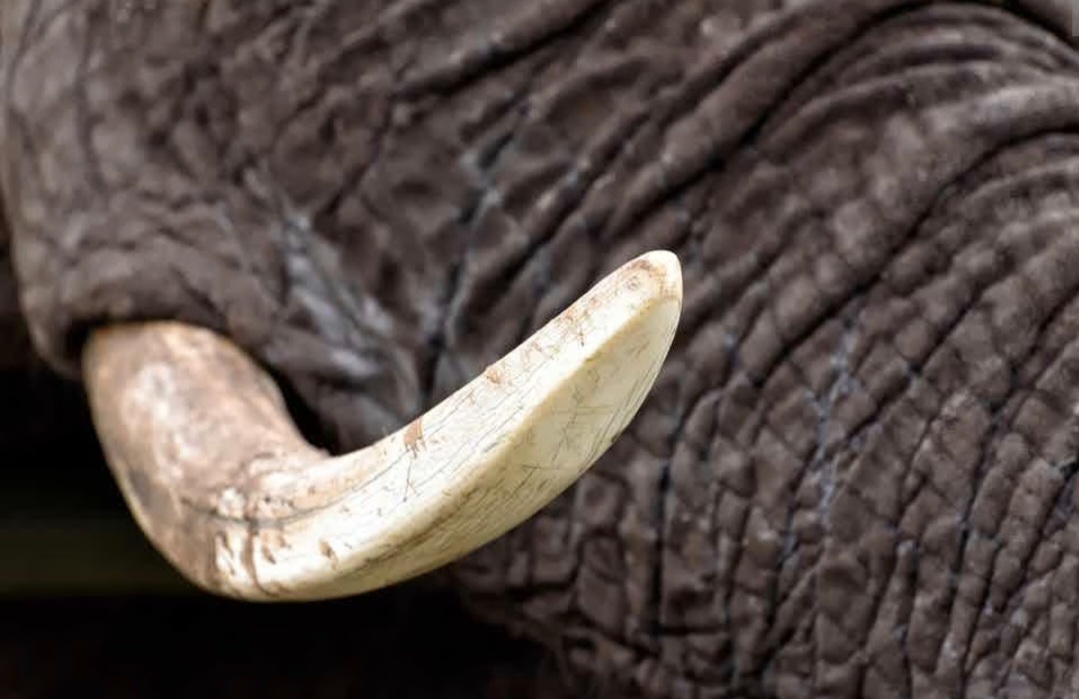BY NOKUTHABA DLAMINI
A Victoria Falls magistrate will next week rule whether the trial of a convicted smuggler on fresh charges of stashing three pieces of ivory in his car two years should proceed after he argued that testimonies by key witnesses show he was framed.
Stanley Takavada (46), from Mkhosana suburb was in 2019 convicted for possession of smuggled goods after he was caught at a police roadblock along the Kazungula-Victoria Falls road.
Takavada, whose car was forfeited to the state after his conviction, was re-arrested on fresh charges of possession of ivory without a permit.
Jephat Siziba from Beitbridge bought Takavada’s former car through a Zimbabwe Revenue Authority (Zimra) public auction held at the Victoria Falls border and claimed that he found three elephant tusks stashed in the vehicle’s boot.
The smuggler’s fresh trial opened on April 5, 2022 before Victoria Falls magistrate Lindiwe Maphosa.
On Tuesday, Takavada through her lawyer Charity Mandeya from Mhaka Attorneys applied for the case to be dropped, saying it had become apparent that he was framed.
Mandeya said testimonies from the two main witnesses namely Siziba and the investigations officer Tinashe Mbongoro, who contradicted each other showed that a trap had been set for her client.
Siziba said Takavada knew about the tusks as he called him on several occasions trying to discourage him from bidding for his car at the auction.
He said the accused also indicated that he wanted to collect his wheel spanners from the boot of the car.
On the other hand Mbongoro, who was part of the police team that arrested Takavada, said they had warned Siziba that he would be arrested if he did not lead them to the owner of the ivory.
“Siziba then called the accused to come and collect his spanners and when he arrived at the scene, he went straight to the white sack which had two tusks and we immediately arrested him because we felt that was enough evidence to arrest him,” Mbongoro said.
“We had told the informant that if he had failed to bring the owner of those tusks, we were going to arrest him.”
Mandeya said Siziba and Mbongoro’s accounts showed that Takavada had been trapped.
“Japhet Siziba told the court that the police told him that if he failed to find the owner of the ivory he would be in hot soup,” she said.
“He denied having called the accused.
“However, upon being shown printed his Econet call history, it instead showed that he was the one who had called the accused
“His story is a clear fabrication.”
During cross examination Mbongoro admitted that they did not wait for Takavada to check what was inside the sack or to reach out to the third tusk which was under the seat before arresting him.
“The state case shows the highest level of fabrication,” Mandeya added.
“No extra crucial statements were recorded (and) no confirmations were done.
“In fact, the state’s evidence is grossly unreasonable (and) unreliable such that no reasonable court can act upon it.”
Prosecutor Audrey Mukanganya had told the court that on June 10, 2019 at around 3 PM, Takavada was driving a Toyota Gaia when he was arrested for carrying smuggled and restricted goods that he had brought into the country from Zambia through the Kazungula border post, leading to the seizure of his car.
The accused was convicted and jailed.
In October last year Siziba bought the car at the Zimra auction but could not immediately drive it as it had flat tyres and other faults.
He took it to a backyard garage to have it fixed. Mukanganya said when Siziba opened the spare wheel compartment, he discovered a white sack containing two elephant tusks wrapped with a black jacked and filed a police report on the same day.
Takavada was arrested the following day as he tried to collect the elephant tusks after a trap was laid by detectives.

 Slider3 years ago
Slider3 years ago
 National4 years ago
National4 years ago
 Tourism and Environment4 years ago
Tourism and Environment4 years ago
 Special reports4 years ago
Special reports4 years ago
 Opinion4 years ago
Opinion4 years ago
 National4 years ago
National4 years ago
 National3 years ago
National3 years ago
 National3 years ago
National3 years ago



